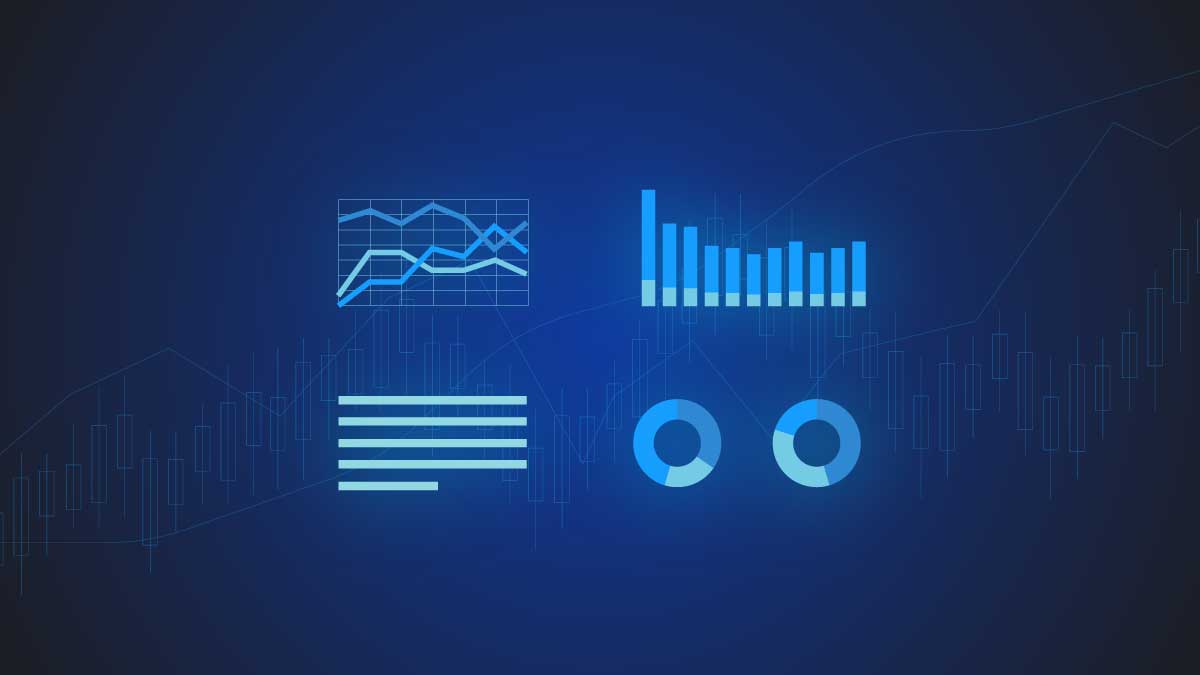Accurate Clinical Data Extraction Services for Superior Health Decision-Making
Thorough Extraction of Clinical Data for Trustworthy Healthcare Insights

streamline workflows; including insurance coding or reimbursement processes, support compliance with uncertain regulatory environments, and to enable evidence-based decision-making.
Manual Data Abstraction
Clinical abstractors review records and manually abstract data; most used for complex clinical cases.
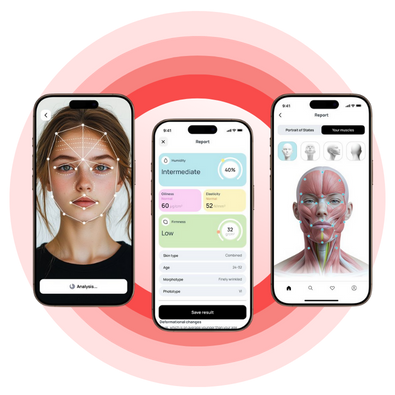
Automated Data Abstraction
AI-based tools that capture the data quickly at scale, reducing time and maximizing efficiency.
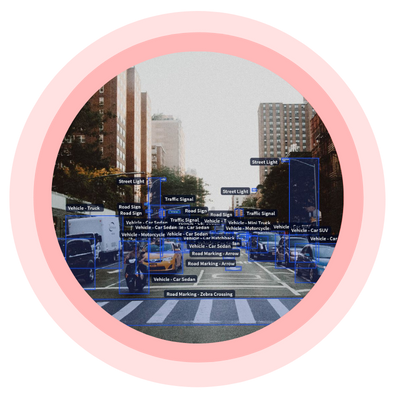
Structured Data Abstraction
Abstracting standardised data that is stored in well-organised manner in EHRs or coded formats that are ready for analysis.

Unstructured Data Abstraction
Abstracting insights from free-text clinical notes, inked documents, and PDFs.
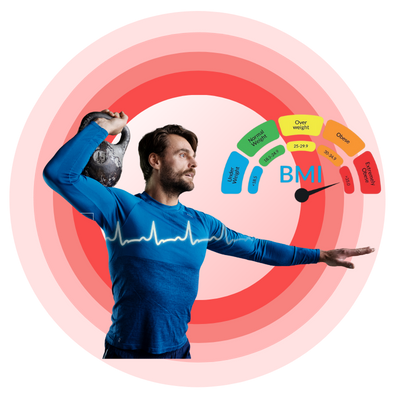
Real Time Data Abstraction
Captures and abstracts clinical data in real time while care is being provided or during workflows.
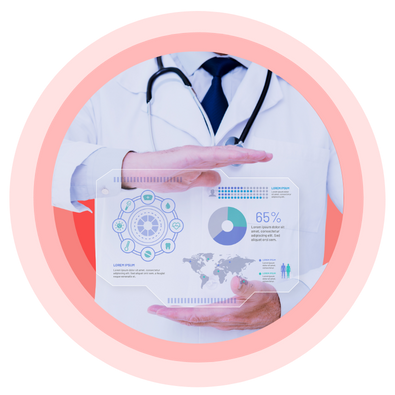
Retrospective Data Abstraction
Abstracts historical data on patient population for research, audits, and quality improvement purpose.

Sectors Requiring Image Data Collection
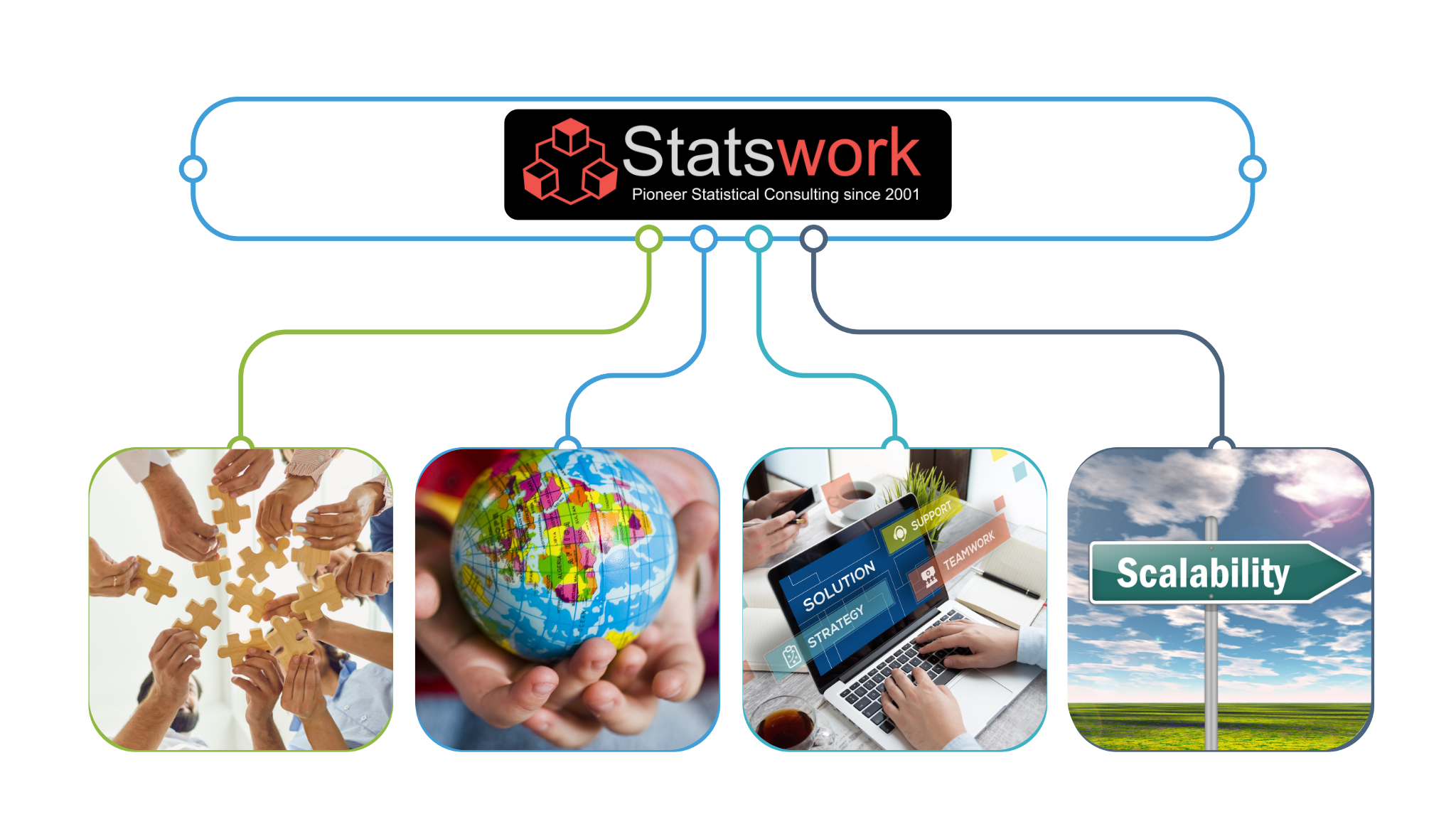
Clinical Data Abstraction Process
- Review Requirements – Determine client specifications, data sources, project scope, and compliance requirements.
- Data Collection – Gather hard-copy clinical charts, electronic health records (EHRs), scanned documents, and/or whatever other sources are pertinent.
- Data Abstraction– Extract clinical information through manual review, and/or possibly utilizing automated tools.
- Data Structure – Reformat and structure the extracted data in accordance with standard, industry specific standards, as well as client-specific standards.
- Data Verification, and Quality Control – Ensure accuracy, completeness, and compliance of extracted data.
- Data Enhancement – Add relevant clinical, demographic, or research-related information that will enhance data usability.
- Reporting and Delivery – Deliver final structured datasets with actionable findings and analysis in a comprehensive report.




- The process of extracting relevant clinical information from patient records, charts, and electronic health records (EHRs).
- Converts unstructured and structured data into organized, standardized datasets.
- Improves accuracy and usability of clinical data.
- Supports research, audits, regulatory compliance, and quality improvement.
- Enhances decision-making and patient care.
- Structured data from EHRs or coded records.
- Unstructured data from physician notes, reports, and scanned documents.
- Historical or retrospective patient records.
- • Combination of expert manual review and AI-powered tools.
- Strict quality checks and validation processes.
- Compliance with industry standards and regulations
- Varies based on project size, data complexity, and scope.
- Can range from a few days for small projects to several weeks for large-scale abstraction.
- Healthcare providers and hospitals.
- Research institutions and clinical trial organizations.
- Regulatory agencies and compliance teams.
- Health data analysts and quality improvement teams.
Need to enhance your ROI and customer experience? Connect with a trusted partner in qualitative market research, Insights Opinion.


